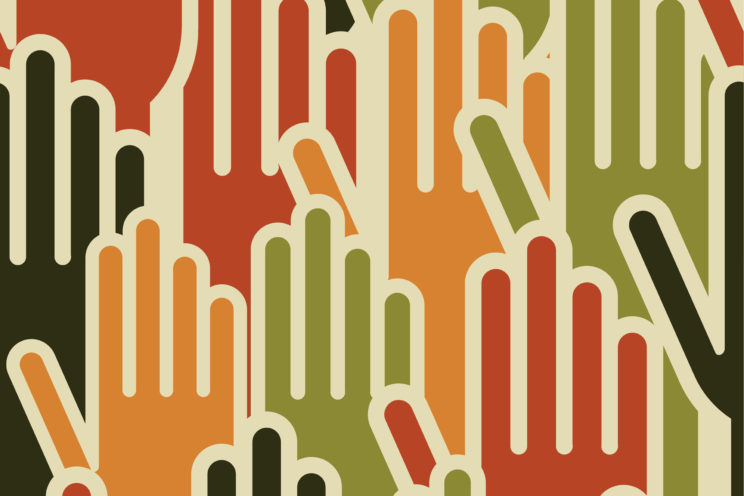The Barristers Club is proud to announce the creation of its Racial Justice Initiative. While systemic racism and police brutality are not new issues, this year’s murders of George Floyd, Ahmaud Arbery, Breonna Taylor, and other African Americans have thrust these issues to the forefront—where they should be and should remain. It is important for all of us to confront head-on this nation’s brutal history of enslaving Black people, segregation, and institutional racism. But the history does not end in textbooks; the repercussions of that history are prevalent in society today, and manifest through issues like the killing of unarmed Black men and women.
As lawyers, we have a moral obligation to seek out truth and justice, help those in need, and ensure laws are applied fairly. These guiding principles compel us to step up in times like these. We must use our knowledge and training to ensure that the rule of law bends towards justice. It is with this in mind that the Barristers Club established the Racial Justice Initiative.
The Racial Justice Initiative was created to educate the legal community and public about issues of racism, police brutality, criminal justice reform, and how to be an ally. It is our responsibility to inform ourselves and others who look to the legal community in times like these. This is not a quick or easy step, this is a multi-faceted issue that we must constantly examine and re-examine. In doing so, we intend to keep racial justice at the forefront. Too often we come together to say enough is enough, only to move on, forget, and—years later—discover nothing has changed. Change does not happen overnight, but we must keep our foot on the gas pedal.
Beyond education, we recognize that for change to occur there must be fundamental adjustments to the law, the courts, the criminal justice system, and even the legal profession. The Racial Justice Initiative will examine and advocate for these changes. Together, our voices are stronger and we will be seeking to bring as many voices to the table.
It is imperative that we look internally as the legal profession is not exempt from these issues. According to the 2019 NALP Report on Diversity in U.S. Law Firms, only 1.97% of partners are Black or African American, and only 0.75% are Black or African American women. There is a similar lack of diversity from Black, Indigenous, and People of Color across all metrics. Racial justice includes representation at all levels of the legal profession and the active fight against explicit and implicit bias. It was never enough for the legal profession to not be racist, we must instead be anti-racist.
Finally, earlier this year, the Barristers Club partnered with the Minority Bar Coalition and invited leaders of other bar associations to join us as part of the Barristers Diversity Task Force. Given recent events, we committed to holding a conference in December on how the legal industry can prevent the erosion of diversity efforts during a recession, and how law firms and organizations can dismantle toxic cultures and build inclusive environments for minority attorneys. To that end, the conference will explore how the financial constraints brought by the current recession resulting from COVID-19 could impact law firms and organizations’ abilities to start, maintain and grow diversity, equity and inclusion efforts, and how law firms and organizations can effectively and thoughtfully discuss race, and build a sense of belonging for minority attorneys. As the 2008 recession showed, diverse attorneys are the most impacted when law firms look to cut their budgets. With the reminders of racial injustice, this conference takes on an even greater importance.
The goal of racial justice will take time but is within reach, and the Barristers Club is committed to working towards it. If you are interested in joining our efforts, please reach out and let us know. Contact us at barristers@sfbar.org.
About the author:
Kelly Matayoshi is a senior associate at Farella Braun + Martel and the current Barristers Club President. Her practice focuses on business litigation and employment, with a focus on the consumer products industry.



